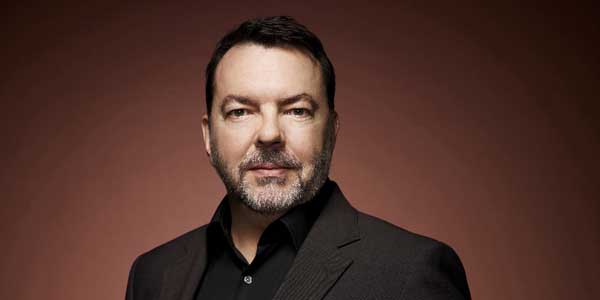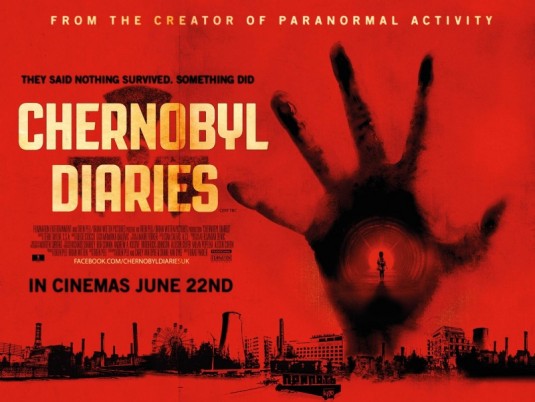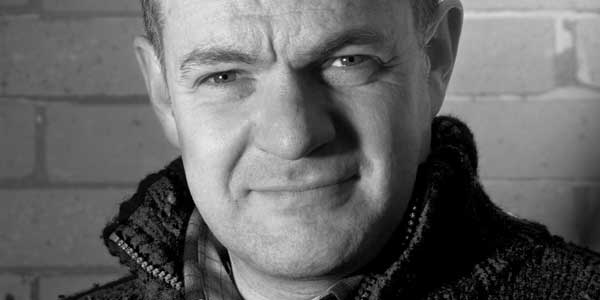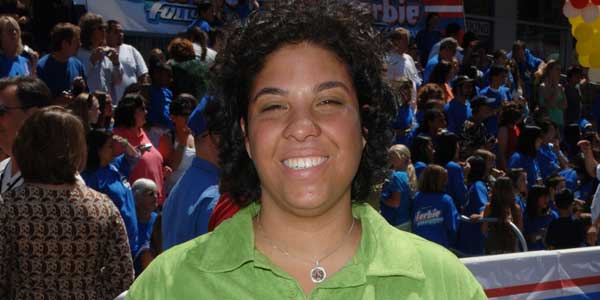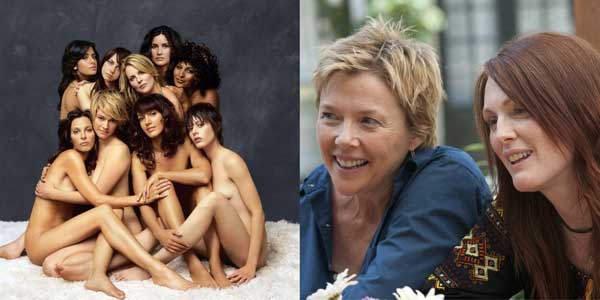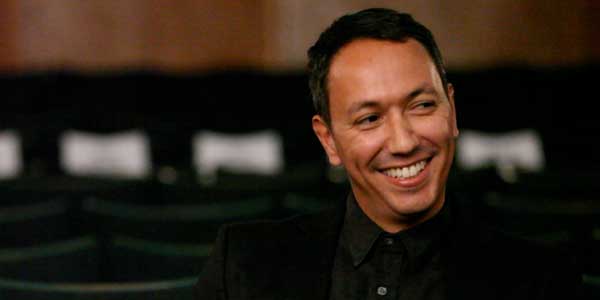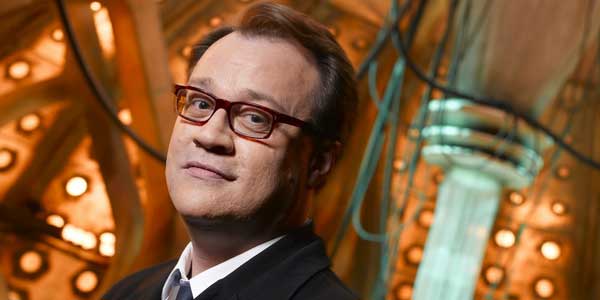Originally posted on www.moviemuser.co.uk
What would you do if you knew the world was going to end in three weeks? Maybe you'd carry on with your day-to-day life, go crazy and do all the things you'd always wanted to but just hadn't had time for yet, or maybe you simply just don't know.
These are the things that Lorene Scafaria sets out to explore in this touchingly sweet, sad and laugh out loud look at the end of the world. Where as apocalyptic films in the past have looked at how the human race can save the day and prevent the world from being smashed to pieces, this uniquely original film looks at it from the everyday person's perspective as they casually live out their last days.
Top marks have to be given to Scafaria, as the film itself is incredibly well written, with doses of ironic humour set against the near apocalyptic backdrop that will have you laughing one minute, feeling touched the next and finally have you almost balling your eyes out. It does all this whilst also sending you a clear message about everyday values and life in general, where you begin to think about what you want your life to be.
The performances from Keira Knightly (Penny) and Steve Carrell (Dodge) are both impeccable as they bring their characters to life and make them so believable that you really feel for them. Not being a massive fan of Knightley's in the past, I have to say that here she is both hilarious and touching in her performance and I can truly say she has finally won me over. Carrell is also great as the awkward background person who just plods through life not really living, a role that he has played in the past but when he does it so well you can't fault the man.
Another highlight has to be the soundtrack to the film. The music used really drives the story forward and helps reflect the tone of what the film is trying to convey as it makes the movie light hearted yet serious, funny but sad and overall very very touching.
The film is a brilliant comedic take on the traditional apocalyptic movie that still gives you the dramatic, sad and touching feelings of all the others but in a much more heart warming way, and with an ending that will hit you like a ton of bricks it also shows us that life and love know no boundaries, time or age.


